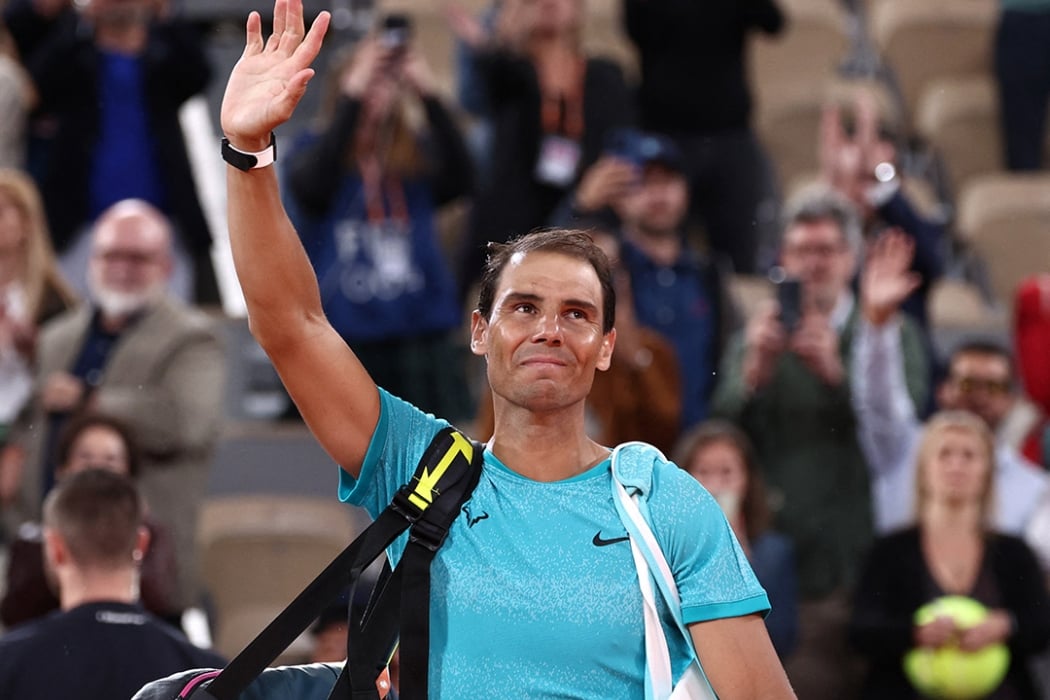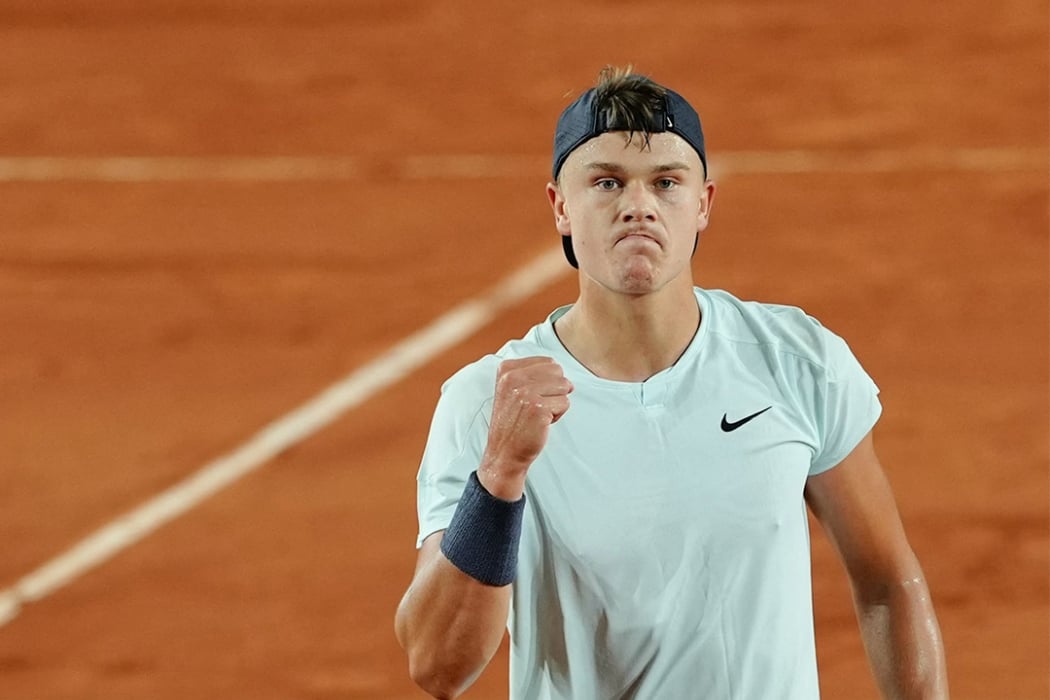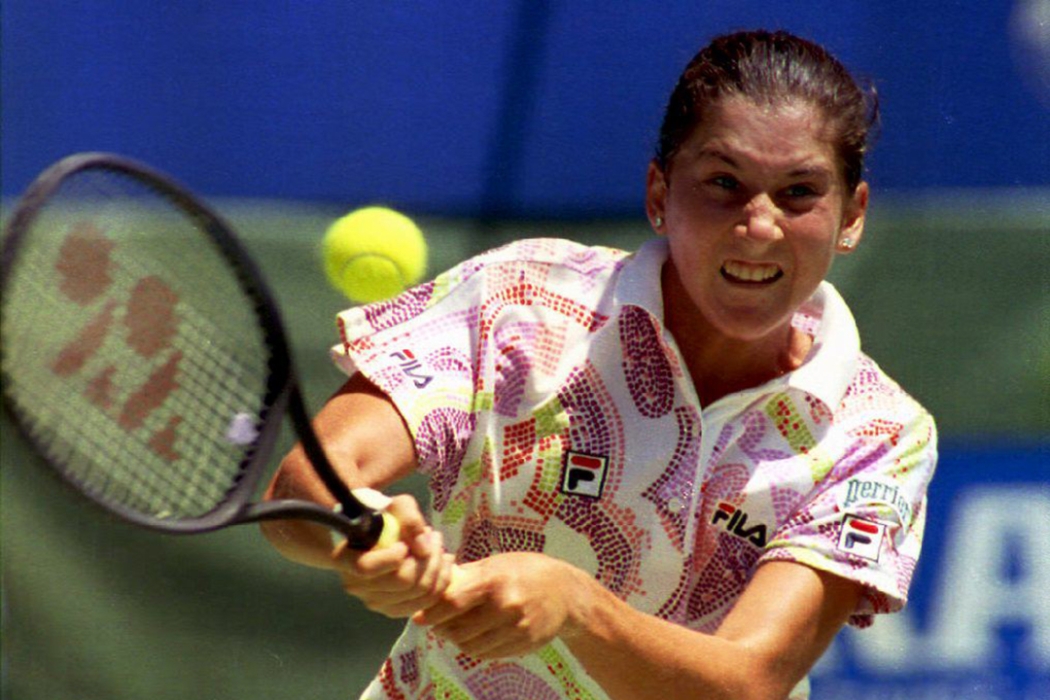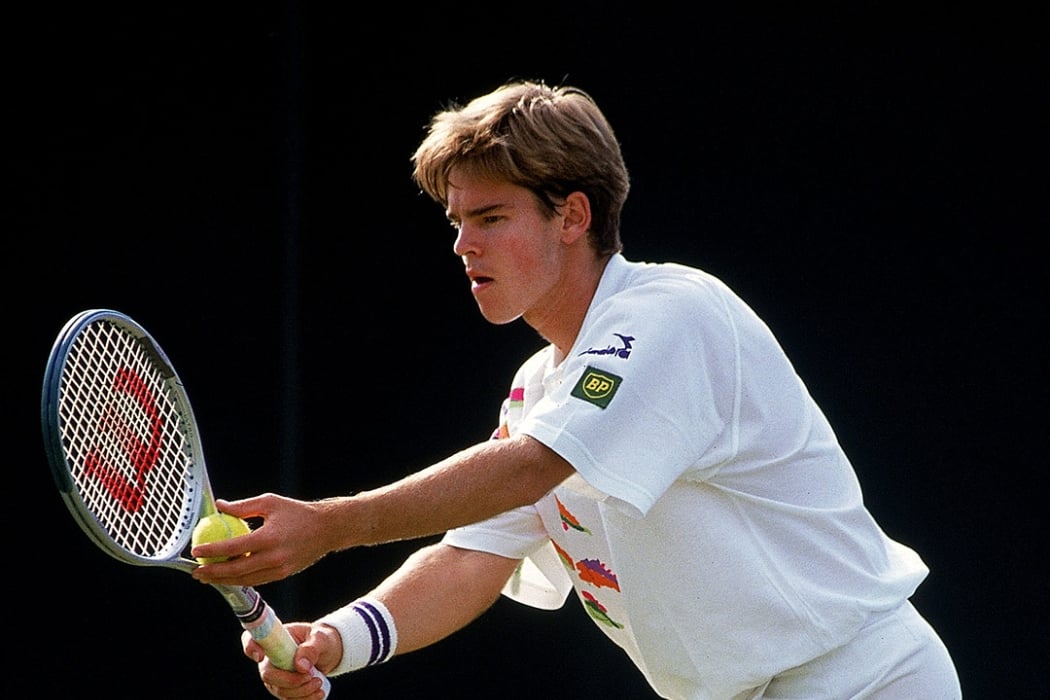It was on the back courts of suburban Melbourne that Australian Nicole Bradtke found an early love on clay that led to her incredible run at Roland Garros in 1988.
As an unseeded 18-year-old, Bradtke, then known as Nicole Provis, shocked the tennis world by reaching the semifinals. She even had a match point against Natasha Zvereva from the then-Soviet Union, eventually losing 6-3 6-7(3) 7-5.
EXPERT PICKS: Who will win Roland Garros in 2024?
The loss might have been a blessing in disguise for Bradtke, as the legendary Steffi Graf won the final 6-0 6-0 against Zvereva two days later in a record 32 minutes. It still stands as the fastest Grand Slam final in history.
It was an incredible time in women's tennis, with legends competing against a new guard.
Graf, still just 18 years old, was the No.1 seed at Roland Garros, with Martina Navratilova and Chris Evert seeded No.2 and No.3 respectively.

"Early on when I was young, I did get a little bit awestruck," Bradtke, now 54, reflected. "But my coach Ken Richardson, who was travelling with me at the time, would get me to hit with all of these different players who were a similar age or older. So, I would get acclimatised and it helped me not get overawed."
Bradtke actually made the second round at Roland Garros 1987 as a 17-year-old, reaffirming her comfort on clay.
"I grew up in Melbourne on what we called En Tout Cas courts, which are very similar to clay," she said. "I (played) my junior matches from age 11 on these courts, I hardly ever played on hard courts.
"Therefore, I knew how to slide. More importantly, with the help of my coach, I knew how to construct a point on clay."
Ranked No.53 at the time, Bradtke travelled to Roland Garros in 1988 with her father, Doug, and coach Richardson.
"I didn't feel any pressure," recalled the Victorian, who was pleased to receive a “decent draw.”
Bradtke overcame French wildcard Sybille Niox-Chateau 6-0 6-3 in the first round, then followed up with a hard-fought 5-7 6-3 6-1 win over Emmanuelle Derly, another French wildcard.
"They were tough matches," she said. “To go further in a Grand Slam, you almost have to have tough matches to begin with."
A test came against No.7 seed German Claudia Kohde-Kilsch in the third round, with Bradtke triumphing 1-6 6-4 7-5, before she defeated another German, 15th seed Sylvia Hanika 7-6(1) 7-6(4) in the fourth round.
"Generally, you play one match then you have a day off, but I was still playing doubles and mixed as well,” the Australian recalled.
Bradtke was a semifinalist in the women’s doubles event alongside South African Elna Reinach. She teamed with Darren Cahill in the mixed, losing to Navratilova and Emilio Sanchez in the first round.
Bradtke faced 16-year-old Arantxa Sanchez-Vicario in the singles quarterfinals, a rising star like herself, who had upset Evert in the third round. After so many tough matches, she admitted feeling overwhelming ahead of the match.
ROLAND GARROS 2010: "I think something is happening to me," recalls Schiavone
“I got to the courts to have a half hour warm-up. To this day I do not know why, but I was so uptight and I was practising with Richo my coach, and I had a complete meltdown and just walked off," she said.
"I went back to the change rooms and Richo sat me down and said ‘you have to enjoy it, as you have nothing to lose’."
Bradtke followed that advice, going on to win 7-5 3-6 6-4.
"Arantxa was the sort of player who would not hit you off the court, you always felt you had time,” said Bradtke. "I had to navigate my way through the match and once again when things got tight, I played the bigger points better."

The headline-grabbing win set up a semifinal encounter with the 13th seeded Zvereva, played exactly 36 years ago on 2 June 1988.
The last Australian women to progress so far at Roland Garros were Wendy Turnbull (an eventual finalist) and Dianne Fromholtz in 1979, ensuring excitement peaked in Australia. Bradtke even received a telegram from then-Prime Minister Bob Hawke wishing her luck.
Years on, Bradtke has no bad memories of her semifinal, reasoning she’d given her best. "I think I played the match point really well," she reflected. “It is what it is … a real tussle once again.”
In hindsight, it may have been a blessing after Graf's demolition in the final. "I reckon I would have at least got a game,” said Bradtke, who in fact claimed a three-set win over the German legend in a 1993 Federation Cup match.
"I never lost to her love and love. I played Steffi numerous times. You get used to playing players like that,” she added. "She was able to run around her backhand a lot and hit her forehand. I think players get spooked by it, but it didn't really bother me."
Off the court, Bradtke had a lens on a fascinating era, with Graf and Monica Seles set to dominate the future.
"I wouldn't say Steffi was a recluse, but she was a very guarded player, she would just nod and wouldn't offer much conversation. Monica was quite similar," she recalled.
“Arantxa was always bubbly and up for a bit of a chat, but Steffi and Monica certainly would keep more to themselves."
So, while she lost in a heartbreaking semifinal, there are only positive memories as Bradtke looks back.
“It was my first foray into getting deals, clothing, shoe and racquet deals and endorsements," she said. “It put me on the map and I was very fortunate to have my Dad with me, and also Ken, my coach, who both were able to share that success.
"It was lovely to share in the excitement of me doing well."



